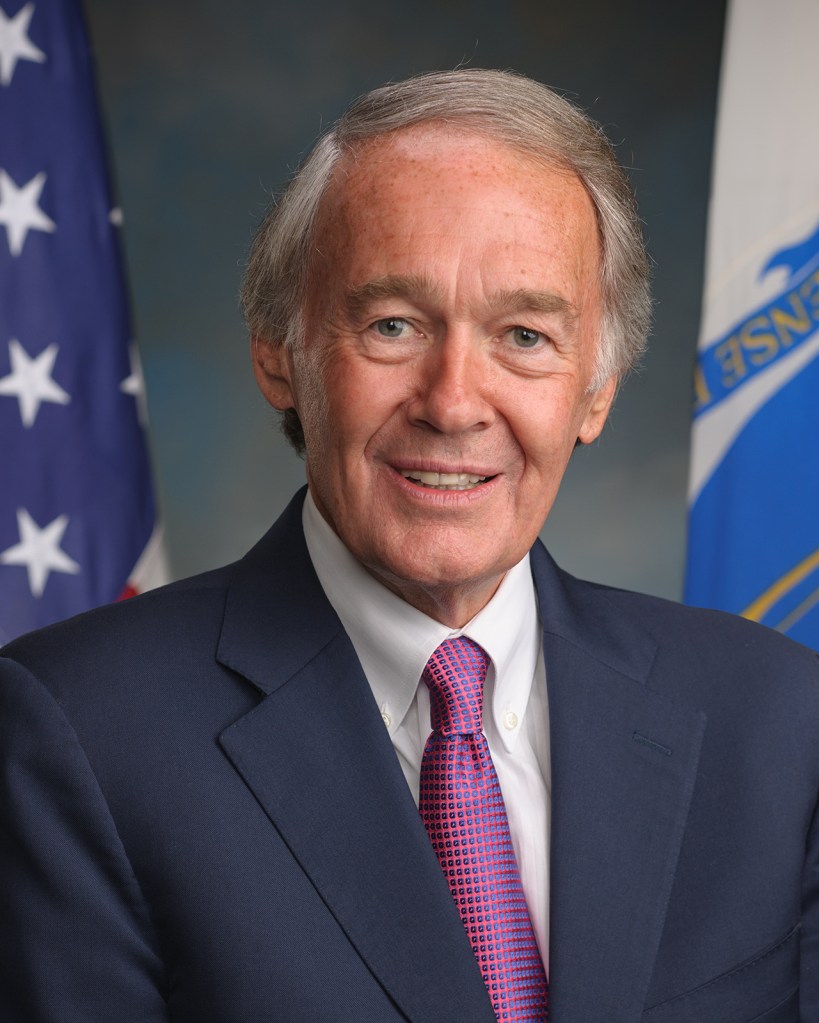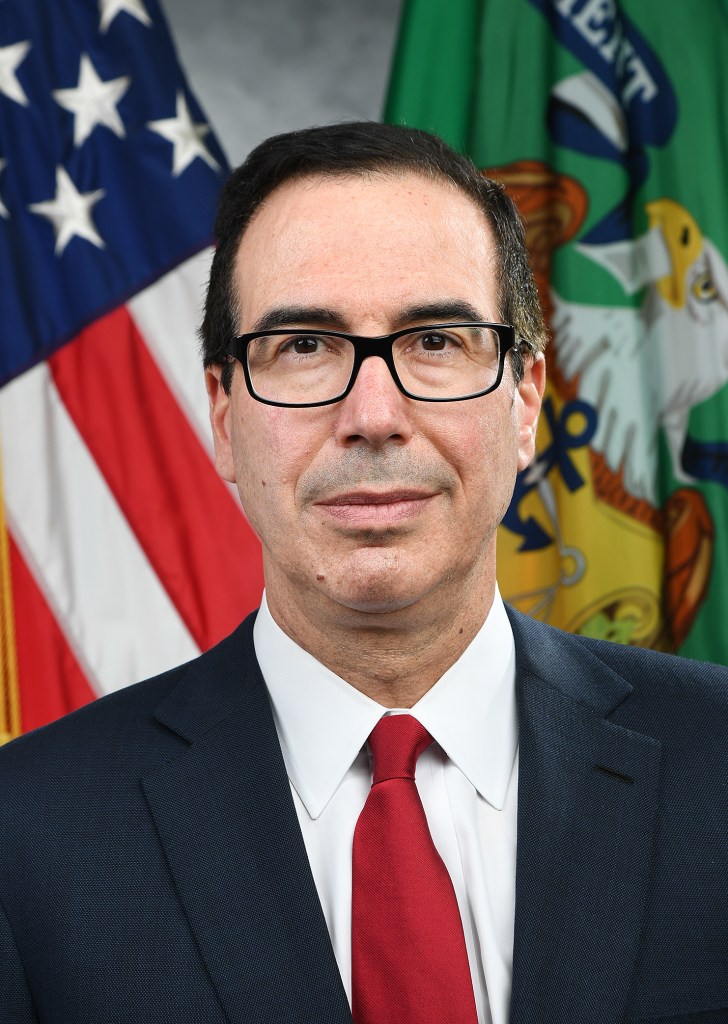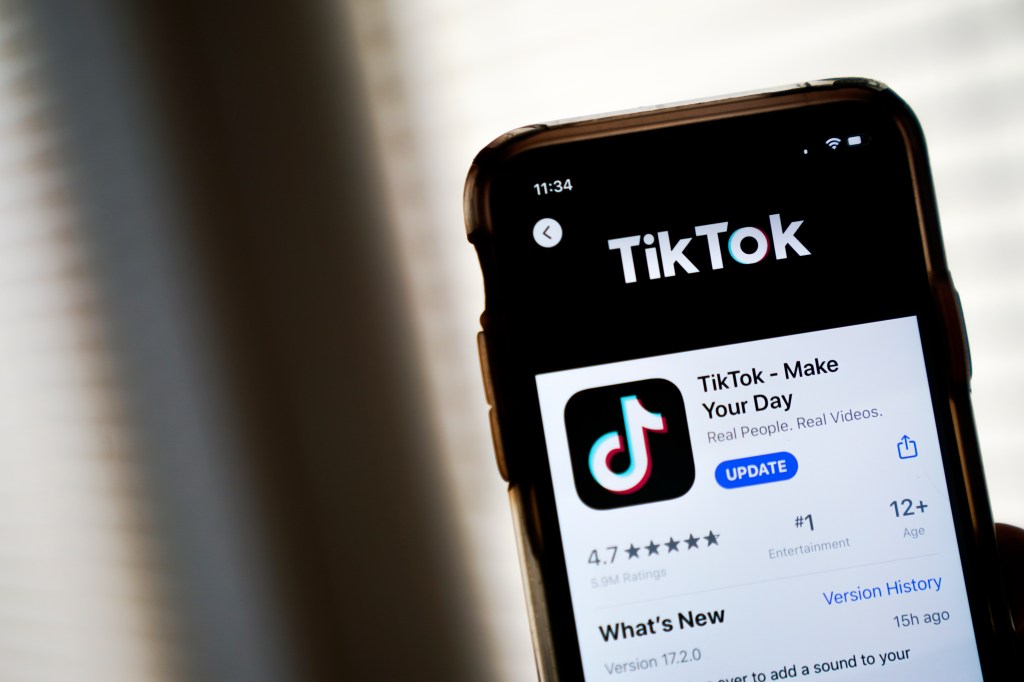On Wednesday, the US House of Representatives voted overwhelmingly in favor of legislation that could potentially ban TikTok, one of the world’s most popular social media apps, in the United States.
If enacted, the Protecting Americans from Foreign Adversary Controlled Applications Act would force ByteDance, TikTok’s China-based parent, to sell the app or be banned from US app stores and web-hosting services.
The House vote was 352 to 65, with 50 Democrats and 15 Republicans voting in opposition. In a rare show of bipartisanship, the measure advanced unanimously out of the powerful House Energy and Commerce Committee, and President Joe Biden has said he would sign the bill if it makes it to his desk.
The bill would prohibit TikTok from US app stores unless the social media platform – used by roughly 170 million Americans – is spun off from ByteDance. The bill would give ByteDance roughly five months to sell TikTok. If not divested by that time, it would be illegal for app store operators such as Apple and Google to make it available for download.
“We don’t have only a TikTok problem – we have a Big Tech privacy problem.”
Senator Ed Markey
The bill passed in the chamber mainly because supporting lawmakers believe TikTok poses a national security threat, specifically because the Chinese government could use its intelligence laws against ByteDance, and at any point, force ByteDance to hand over the data of US app users.
The TikTok bill still needs to pass the Senate, where it faces greater resistance, despite some growing pressure in the higher chamber to take up the legislation.
For example, ranking members of the Senate Intelligence Committee, senators Mark Warner (D-VA) and Marco Rubio (R-FL), touted the “strong bipartisan vote” in the House and said they “look forward to working together to get this bill passed through the Senate and signed into law”. But several of their colleagues from both sides of the aisle have voiced opposition or hesitation to instituting an outright ban.
Trump signed an executive order to ban TikTok
Rand Paul (R-KY) described the bill on the platform X (formerly known as Twitter) as a “draconian measure that stifles free expression, tramples constitutional rights, and disrupts the economic pursuits of millions of Americans,” while Sen. Ed Markey (D-MA) argued that privacy issues exist beyond TikTok.

Photo: markey.senate.gov
“We don’t have only a TikTok problem – we have a Big Tech privacy problem,” Markey said on X. “From Meta to Amazon to Discord, US-owned companies are preying on children and teens for profit. We don’t need to ban TikTok to fix their invasive practices.” Instead, Markey urged the Senate to take up his bipartisan update to the Children’s Online Privacy Protection Act.
Senate Majority Whip Dick Durbin (D-IL) also appeared hesitant Wednesday, noting the potential political drawbacks of passing a bill that could ban TikTok and alienating a large group of young voters who love the app.
Senator Maria Cantwell (D-WA), who leads the Senate Commerce Committee, told NBC News: “I’m not sure what we’ll do yet, got to talk to lots of people.”
Over the last week, former president Donald Trump railed against the bill, which is a reversal of his prior stance as president when it comes to the app. As President, Trump signed an executive order to ban TikTok unless it was acquired by an American company, alleging the Chinese government was using the video-sharing service to surveil millions of Americans. The order never went into effect after it was challenged in federal court.
After the Trump administration had pushed to ban the app, TikTok ended up striking a deal with Oracle that took effect in 2022; under the deal, all US user data was to be routed through the cloud infrastructure of the software giant.
TikTok ticked off
Even if the bill is signed into law, TikTok would not be banned immediately. ByteDance would have more than five months – 165 days – to divest from TikTok before facing a ban from those US app stores and web-hosting services.
TikTok has called the legislation an attack on the constitutional right to freedom of expression for its users. China’s foreign ministry called the bill an “act of bullying”.
In a video posted on X (formerly Twitter), CEO Shou Chew thanked the community of TikTok users, and said the company has invested in keeping user “data safe and our platform free from outside manipulation”. He warned that if the bill is signed into law, it will affect hundreds of thousands of American jobs and take “billions of dollars out of the pockets of creators and small businesses”.
Dealmaker Mnuchin
In a related and interesting development, former Treasury Secretary Steven Mnuchin said he’s putting together a consortium to try to buy TikTok, as that bid to split the popular social-media platform off from its Chinese owners gathers momentum on Capitol Hill.

Mnuchin, who has previously expressed his discomfort with Chinese ownership of the app, did not specify how he might buy the business, which could be valued at more than $100 billion and boasts more than 170 million US users. (A forced sale, perhaps?)
“I think the legislation should pass, and I think it should be sold,” Mnuchin said on CNBC Thursday morning. “It’s a great business, and I’m going to put together a group to buy TikTok.” In his TV appearance, Mnuchin declined to say who would be part of any group buying the app, which already has major US investors.
Mnuchin has been flexing his muscle as a dealmaker in prominent ways recently; earlier this month, he was a leader of a group of investors putting in more than $1 billion to stabilize troubled regional lender New York Community Bancorp.
The perils of social media
Testimony in the five-hour congressional hearing this week touched on:
- TikTok’s addictive qualities;
- the potential dangers it poses regarding the spread of misinformation;
- children using/misusing the application;
- features and content that can erode mental health, such as endorsements of eating disorders, suicide and tobacco use;
- the potential for TikTok to sell its data to data brokers (which the company denies doing);
- data security and national security concerns, namely that China could demand access to all of its data, including that of US citizens.
The US already bans the application on federal and public sector employees’ phones and on state employees’ phones in 32 of 50 states.
Several states have also recently sued TikTok, starting with Indiana, on claims that the application serves users inappropriate content and violates consumer protection laws in its data collection practices. Arkansas sued TikTok, ByteDance and Facebook’s parent company, Meta, over claims that the companies violate the Deceptive Trade Practices Act.
Montana was the first state to pass legislation banning TikTok on all personal devices, and the bill was to go into effect in January 2024, but a federal judge temporarily blocked the ban in November 2023, saying it likely violated the First Amendment. The law would have prevented the app from operating within the state and fined app stores that hosted TikTok within state lines up to $10,000 per day. Montana Attorney General Austin Knudsen has asked the US Ninth Circuit Court of Appeals to overturn the injunction blocking the ban.
Several universities have banned the social media app on their networks.
Data access concerns
Data transfers between different countries via social media platforms pose a real concern to people, organizations and national governments. In May 2023, European Union regulators fined Meta $1.3 billion; the European Data Protection Board stated that Meta violated EU privacy laws by storing and sending European Facebook users’ personal data to US servers.
In July 2022, Twitter was hacked, and 200 million user email addresses were posted to the dark web. These leaked email addresses can give bad actors information they need to start malicious attacks.
With the growing use of apps such as Facebook, Instagram, LinkedIn, Snapchat and TikTok, social media is a part of everyday life for many people. Our devices are being used interchangeably for work and play, and our various devices are connected more than ever – not only to the internet, but to each other. Even with privacy laws, sensitive user information may be at risk.
A user’s online activity, including webpage views, social media sharing and purchase history, could be gathered and sorted and then sold off by data brokers. Or the data could be used for general fraud and scams, but also for espionage, extortion, insider trading and to undermine a government’s national security interests.
More than 90,000 people were victims of social media fraud in 2021, resulting in $770m in losses, according to the US Federal Trade Commission.













